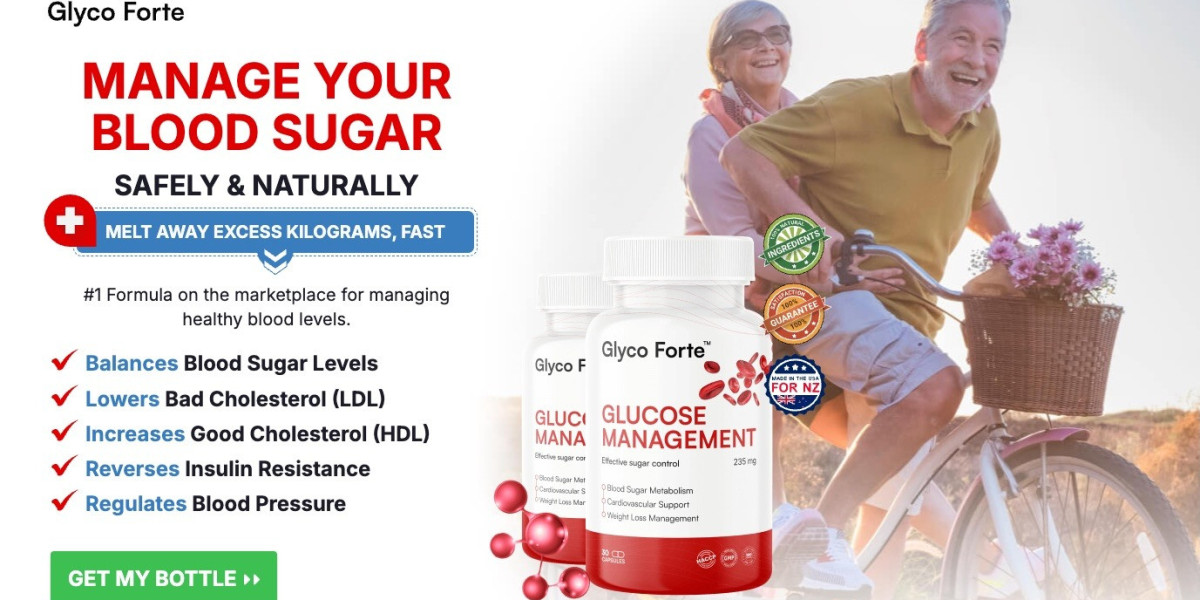Hemorrhoids are a common condition that affects many people at some point in their lives. Whether it’s due to pregnancy, constipation, or simply aging, the discomfort associated with hemorrhoids can be overwhelming. If you're dealing with hemorrhoids in Riyadh, it’s essential to understand the available treatment options, how to prevent them, and when to seek medical help. This beginner's guide to hemorrhoid treatment in Riyadh (علاج البواسير في الرياض) will explore various remedies, from lifestyle changes to medical treatments, to help you find the most effective solution for your needs.
What Are Hemorrhoids?
Before exploring treatment options, it's important to understand what hemorrhoids are. Hemorrhoids are swollen veins in the rectum or anus that can cause discomfort, pain, itching, or bleeding. They are often caused by increased pressure in the lower rectum, which can result from straining during bowel movements, sitting for long periods, or being overweight.
Types of Hemorrhoids
- Internal Hemorrhoids: These are located inside the rectum and typically do not cause pain but can lead to bleeding.
- External Hemorrhoids: Found under the skin around the anus, external hemorrhoids are more likely to cause pain and swelling.
- Thrombosed Hemorrhoids: These occur when a blood clot forms inside the hemorrhoid, resulting in intense pain and swelling.
Symptoms of Hemorrhoids
The symptoms of hemorrhoids can vary depending on the type and severity of the condition. Common symptoms include:
- Pain or discomfort around the anus
- Itching or irritation in the anal area
- Swelling around the anus
- Bleeding during bowel movements
- A lump near the anus, which may be painful (in the case of external hemorrhoids)
If you notice any of these symptoms, it's important to seek medical advice to determine the best course of action.
Treatment Options for Hemorrhoids in Riyadh
When dealing with hemorrhoids, there are several treatment options available. The choice of treatment depends on the severity of the condition, your lifestyle, and your preferences. In hemorrhoid treatment in Riyadh, both home remedies and medical interventions are available to provide relief from discomfort.
1. Home Remedies and Lifestyle Changes
For many individuals, mild hemorrhoid symptoms can be managed with lifestyle changes and home remedies. These treatments aim to reduce the symptoms of hemorrhoids and prevent them from getting worse.
a) Dietary Changes
One of the most important factors in managing hemorrhoids is preventing constipation. A diet high in fiber can help soften stools and reduce the strain during bowel movements, which is a common cause of hemorrhoids. Include plenty of fruits, vegetables, whole grains, and legumes in your diet to ensure adequate fiber intake.
b) Hydration
Drinking plenty of water throughout the day is crucial for softening stools and preventing constipation. Aim for at least eight glasses of water per day, and avoid beverages that can lead to dehydration, such as alcohol and caffeinated drinks.
c) Warm Sitz Baths
A warm sitz bath, where you sit in warm water for 10-15 minutes, can provide relief from the pain and itching associated with hemorrhoids. This method helps reduce inflammation and improve blood circulation in the affected area.
d) Over-the-Counter Creams and Ointments
There are several over-the-counter creams, ointments, and suppositories available in Riyadh that can help alleviate the discomfort caused by hemorrhoids. These products often contain hydrocortisone, witch hazel, or lidocaine to reduce itching, swelling, and pain.
2. Medical Treatments for Hemorrhoids
If home remedies do not provide relief or if your hemorrhoids are more severe, medical treatments may be necessary. In hemorrhoid treatment in Riyadh, a variety of non-invasive and surgical procedures are available to treat hemorrhoids effectively.
a) Rubber Band Ligation
Rubber band ligation is a common and minimally invasive procedure used to treat internal hemorrhoids. During this procedure, a small rubber band is placed around the base of the hemorrhoid, cutting off its blood supply. This causes the hemorrhoid to shrink and eventually fall off. This procedure is often performed in an outpatient setting and typically requires only local anesthesia.
b) Sclerotherapy
Sclerotherapy involves injecting a solution into the hemorrhoid, which causes it to shrink and eventually disappear. This procedure is typically used for small to medium-sized hemorrhoids and is performed without the need for general anesthesia.
c) Infrared Coagulation
Infrared coagulation uses infrared light to heat the tissue around the hemorrhoid, causing it to shrink. This procedure is minimally invasive and usually requires no downtime. It is effective for treating smaller internal hemorrhoids.
d) Hemorrhoidectomy
In more severe cases, a hemorrhoidectomy may be necessary. This surgical procedure involves removing the hemorrhoid completely. It is typically performed under general anesthesia and may require a longer recovery period compared to other treatments.
3. Preventing Hemorrhoids
While treatment is important, preventing hemorrhoids from occurring in the first place is equally crucial. By incorporating the following practices into your lifestyle, you can reduce your risk of developing hemorrhoids:
a) Avoid Straining During Bowel Movements
Straining while trying to pass stool puts excessive pressure on the rectal veins and can lead to hemorrhoids. Try to avoid holding your breath while on the toilet and don’t stay seated for extended periods.
b) Exercise Regularly
Regular physical activity helps improve circulation and prevent constipation, both of which can reduce the risk of hemorrhoids. Aim for at least 30 minutes of moderate exercise most days of the week.
c) Use the Toilet When You Feel the Urge
Delaying bowel movements can cause stool to become harder and more difficult to pass, leading to straining. Responding to the urge to go as soon as it arises can help prevent hemorrhoids.
d) Avoid Prolonged Sitting or Standing
Prolonged periods of sitting or standing, especially on hard surfaces, can increase pressure on the veins in the rectal area. Try to stand up and move around regularly if your job requires long periods of sitting.
When to Seek Medical Help
While many people can manage mild hemorrhoids with lifestyle changes and over-the-counter treatments, it’s essential to seek medical help if your symptoms persist or worsen. You should consult a healthcare provider in Riyadh if you experience:
- Persistent bleeding during bowel movements
- Severe pain or swelling around the anus
- A noticeable lump near the anus
- Difficulty passing stool despite dietary changes
- If over-the-counter treatments are ineffective
A healthcare provider can help determine the severity of your condition and recommend the most appropriate course of treatment.
Conclusion
Dealing with hemorrhoids can be uncomfortable, but with the right approach, it is possible to manage and treat the condition effectively. In Riyadh, hemorrhoid treatment options range from lifestyle changes and home remedies to advanced medical procedures. By making simple dietary and lifestyle adjustments, using over-the-counter treatments, and consulting with a healthcare professional when necessary, you can find relief from hemorrhoid symptoms. If you’re experiencing persistent or severe symptoms, it’s important to consult with a healthcare provider to discuss treatment options and find the solution that works best for you.








